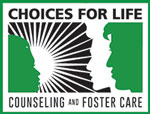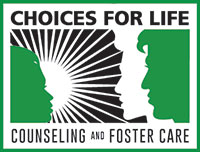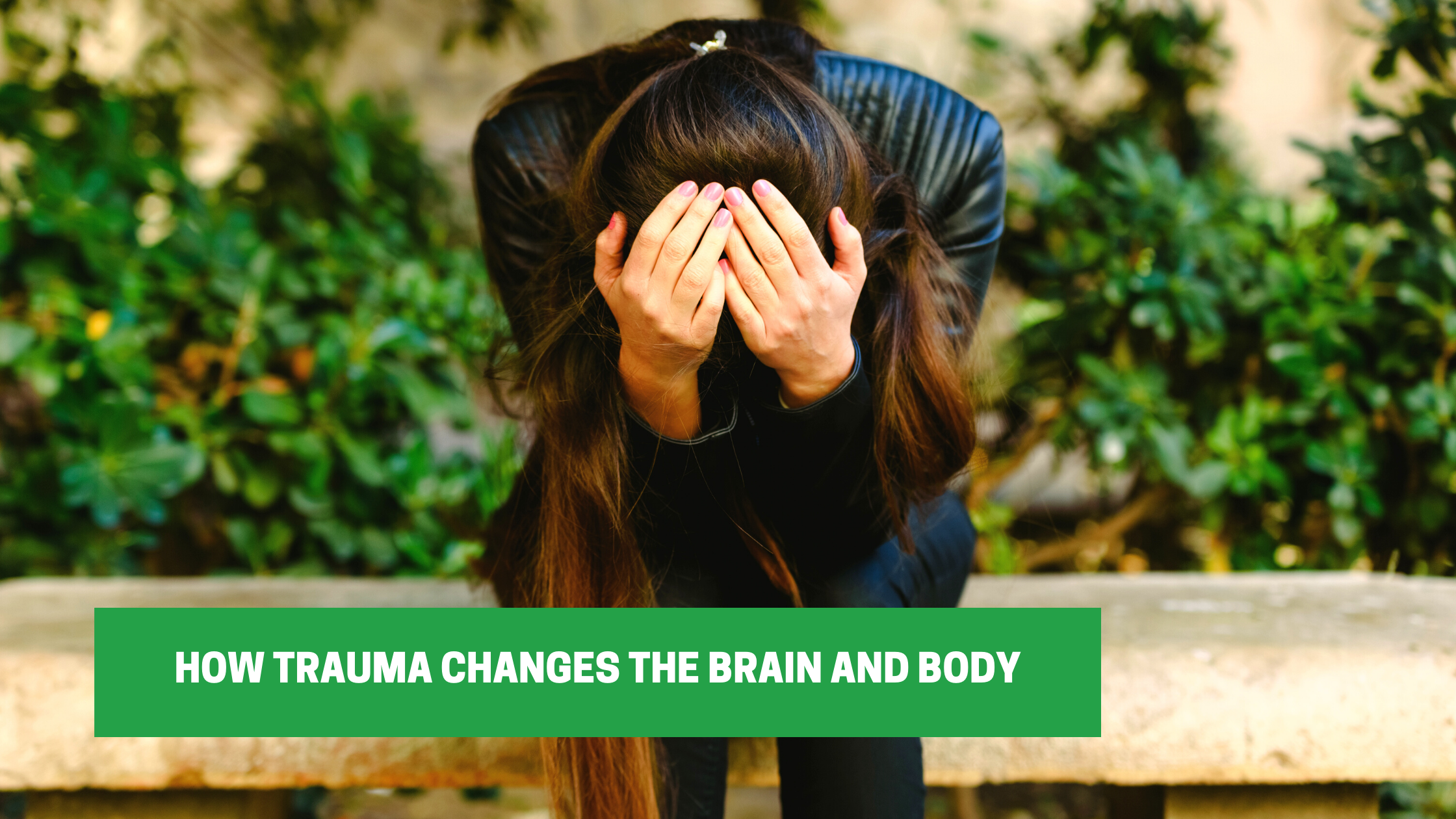It is not a surprise that many children in the foster care system have experienced some sort of trauma in their lives. Whether that is physical, emotional, verbal, or sexual, trauma of some sort is sadly inevitable in most cases. It is important as foster care parents, caregivers, and family members to understand the signs of trauma, what it can do to the brain and body, and most importantly how to help.
Signs of Trauma:
Each person will react to trauma differently, but there are a few common signs you can look for. In younger children, the signs may be lack of sleep or unusual sleeping habits. They also tend to be very withdrawn or defiant, seldom do they land in between. Another common sign is they may regress to younger behavior habits, such as sucking their thumb or wetting the bed.
In older children, the signs will differ a bit. One example may be disordered eating, like hoarding food, binge eating, or starving. Another sign is unhealthy relationships when referring to friends, family, or significant others. Often an easy-to-spot sign is poor boundaries and social skills. This can look like a lack of privacy towards others and not picking up on social cues.
There are also a few signs to look for when it comes to all age ranges, such as an anxious attachment style, meaning they have terrible separation anxiety or an attachment disorder. Another sign in all ages is self-harm. In younger kids, this can look like hitting their head or biting themselves. In older kids it can look like cutting, causing bruises or skin lesions, or self-sabotage.
How Trauma Affects the Brain and Body:
Trauma can significantly affect cognitive development. When children are experiencing trauma there is an increased release in stress hormones. This is considered a fight or flight response. When there is repeated trauma, these stress hormones can cause damage to the brain. This creates this “always on” state of alert and hypervigilance. This state can decrease the development of other neural pathways that help with decision-making, emotional regulation, and judgment.
As far as how trauma affects the body, there are a few key things that can happen to a body that has experienced trauma. The increased release of cortisol or stress hormones, as mentioned above, can cause chronic headaches or migraines, irritable or irregular bowels, shortness of breath, sensory issues, sensitivity to sound and light, and a wide variety of somatic symptoms. These physical symptoms often result in undiagnosable illnesses or hypochondriac tendencies.
How You Can Help:
Once you have identified the signs, it is important to try and get the appropriate help for the child. A great first step is to enroll them in some cognitive behavioral therapy. This form of therapy can help build their toolset of ways to deal with trauma and the triggers that come with it. Once the child is old enough to communicate their triggers or traumas, it is vital to do everything you can to avoid situations that may bring those things up. These easy steps, along with providing a safe, loving, and comforting environment, are just a few ways to begin to help a child cope with trauma.
How We Can Help:
Here at Choices for Life, we have a wide variety of services that may help someone in this situation. We offer outpatient services, counseling, therapeutic foster care, intensive family care, and an extensive list of resources for you to use. Our Georgia location is a trauma-informed agency. Please do not hesitate to reach out to us with any questions or concerns. We are happy to help.


